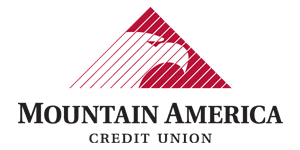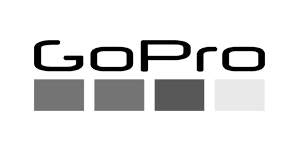Technical SEO Agency
Avalaunch Media Creates Onsite Optimizations for More Traffic
Ready to Launch?
Book a free consultation

Trusted By
Increase organic traffic with on-site optimization
Technical SEO (the foundation of all crawlability, rendering, and indexability for a website) is the most essential component of SEO. Technical SEO comes in many shapes and sizes, and needs will differ from website to website. But each site will largely contain core website elements such as a robots.txt file, XML sitemaps, meta tags, page speed, and response codes, just to name a few. Continued technical maintenance should be considered for all websites to sustain website health and ensure that your site is built for SEO from the ground up.
Our Services
Technical SEO Audit
A technical SEO audit can help give context to a website's overall health, setting up an actionable plan for online best practices. Technical audits, in general, provide information regarding site structure, indexability, metadata, structured data, site speed, site security, and custom recommendations as they pertain to your specific website.
Indexability Analysis
"Indexing" describes the process through which search engines find and list your website and each of its public pages. Our team can run an indexability analysis to determine how effectively your site can be indexed and appear as listings on search engine results pages by checking for crucial elements like robots.txt files and XML sitemaps.
Metadata Analysis
Metadata allows search engines to present user-friendly descriptions of pages with elements such as page titles and meta descriptions. These components can make or break important page metrics such as click-through rate. Without quality metadata, both search engines and end users can have a difficult time deciding if your site is worth the click.
Image Optimization
Image sizes are one of the leading factors of slow page load times. The longer someone waits for your site to load properly, the more likely they are to bounce. Our team can help to ensure that images are optimized for online size recommendations, formats, and ADA standards (via alt-text) to support SEO best practices.
Site Speed Optimization
Site speed — in conjunction with core web vitals — can determine how a real user experiences a website, and subsequently, how search engines determine the ranking of pages according to UX best practices. Our team supports you with recommendations on image sizes, image deferment, core web vitals, CSS/JavaScript minification, and much more.
Structured Data Markup
Structured data gives search engines the necessary information to better understand and index the content on each page of your website. Structured data typically comes in the form of schema markup. The most common website schemas contain information about organizations, locations, products, reviews, and more.
Website Migrations
When managed incorrectly, website migrations are one of the leading causes of a sudden loss of organic traffic. Ensure that migration of any kind is handled appropriately with our team's recommendations and quality assurance. We'll take care of tasks like redirect mapping and management, tracking tag management, metadata transfer, copy transfer, and everything in-between.
Site Structure
A website's structure can support a positive user experience as well as an easier bot experience. Not only do humans navigate the site more efficiently, but search engines can more easily crawl and index the site. Ensure that your website structure is the best it can be with the support of our team of experts.
Response Code Error Resolution
Experiencing significant amounts of 300, 400, and 500 level errors? Correct these errors and reduce future website friction with the support of our experienced technical SEO team. We ensure that broken pages are redirecting properly, redirects are 1-to-1, and any server errors are removed, creating a beautiful, seamless website experience.
































